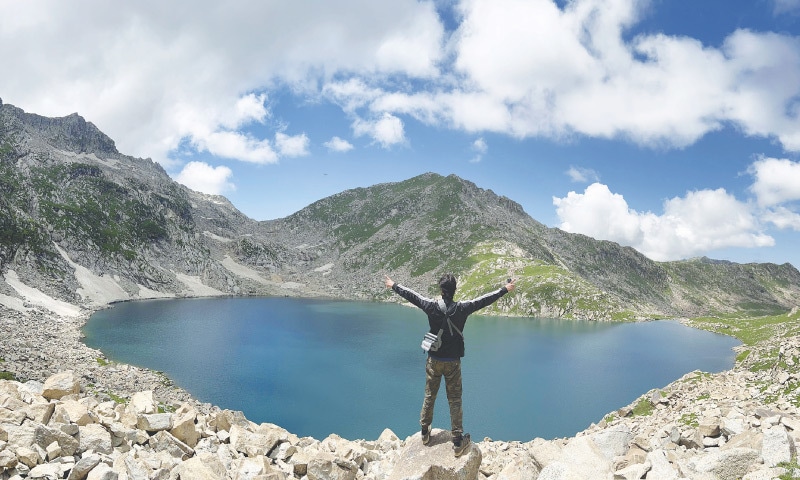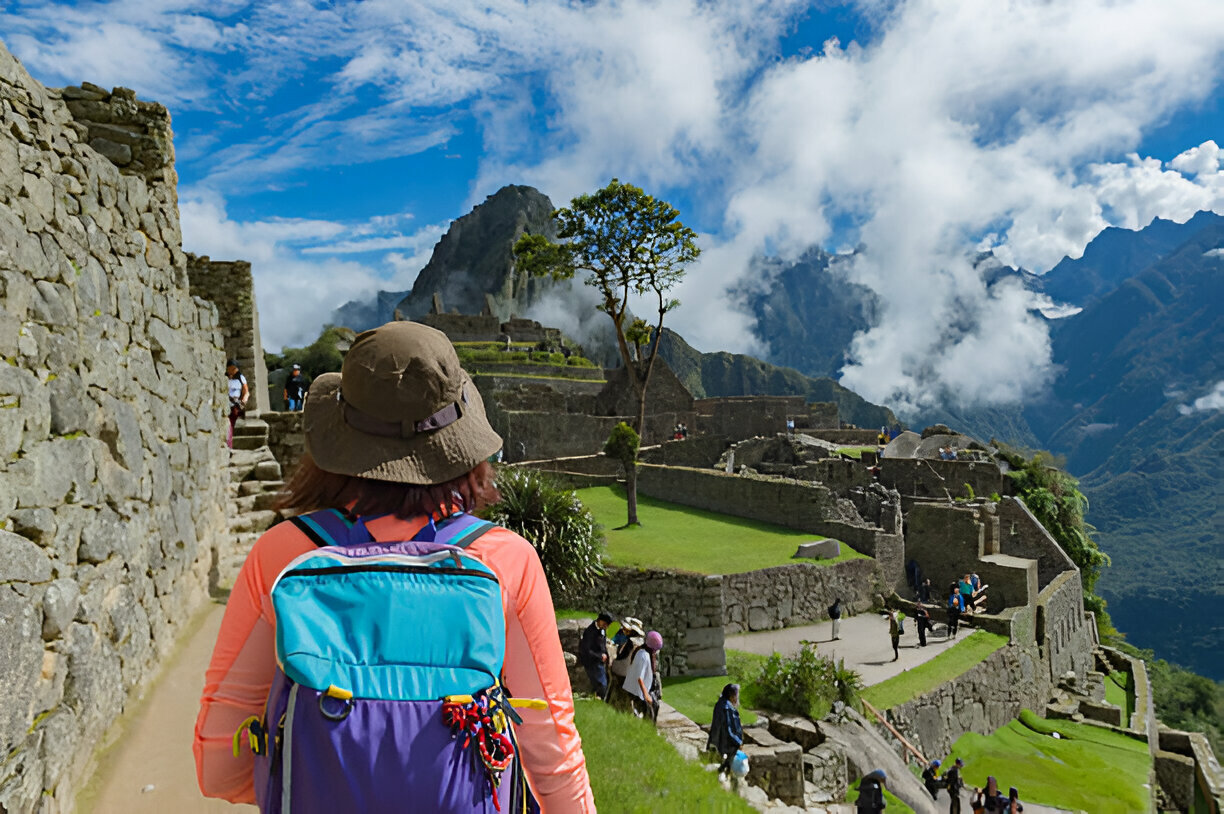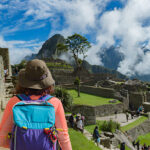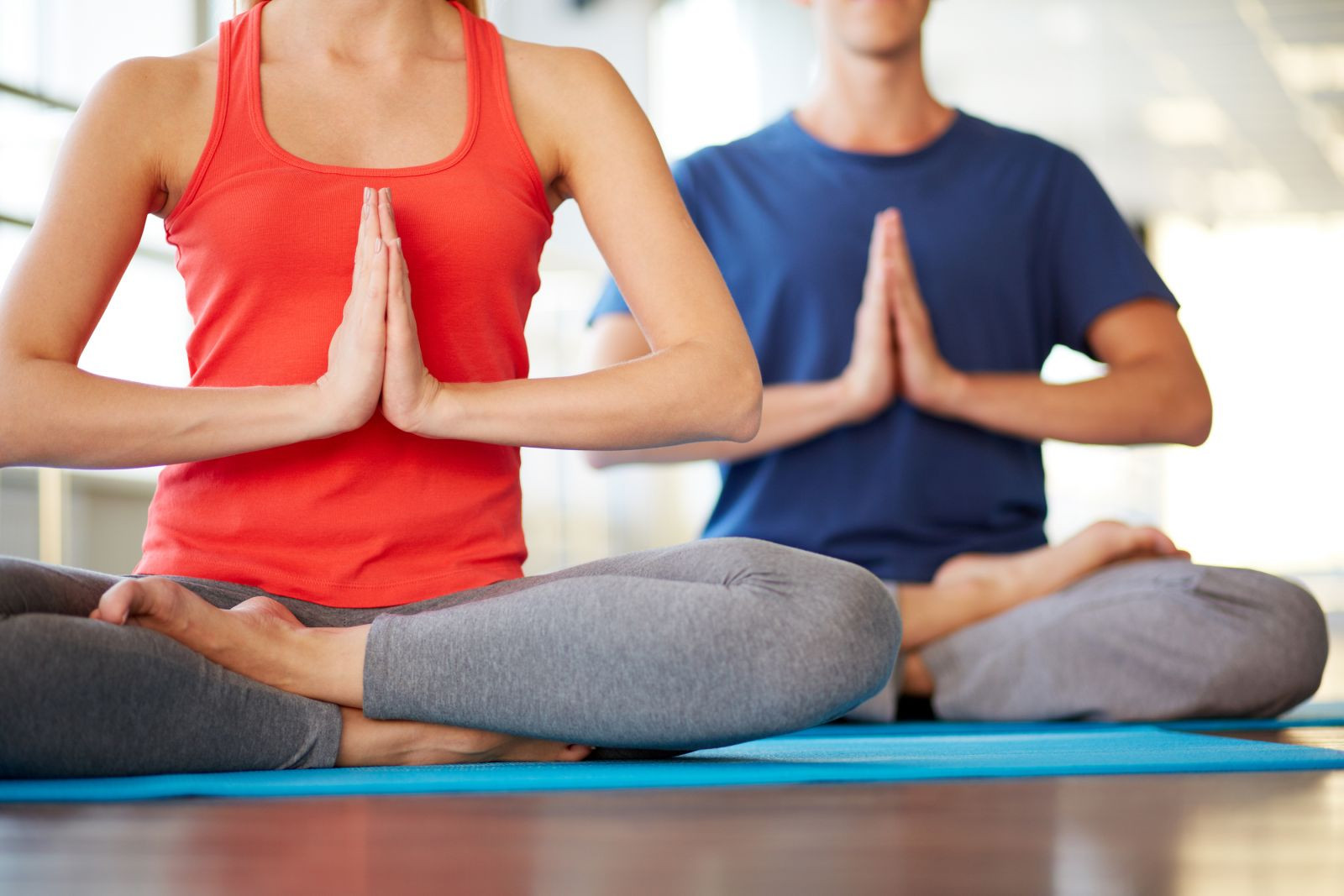Have you ever packed your bags for a quick business meeting across town and wondered if that counts as “traveling,” or dreamed of lounging on a beach in Bali and called it a “tourist trap”? I’ve been there—literally. Back in my early twenties, I hopped on a train from New York to Boston for a job interview, feeling like a weary nomad dodging delays and bad coffee. Fast forward a few years, and I was sipping cocktails in Thailand, guided by a tour group through ancient temples. Those experiences opened my eyes to how travel and tourism aren’t just buzzwords; they’re two sides of the same coin, but with distinct shines. In this deep dive, we’ll explore what sets them apart, why it matters, and how understanding the nuance can transform your next adventure. Whether you’re a solo wanderer or a family vacation planner, let’s hit the road together.
What is Travel?
Travel is essentially the act of moving from one place to another, often involving a change in scenery or routine. It’s the broad umbrella that covers any journey, whether by car, plane, train, or even on foot, for reasons as varied as life itself—think commuting to work, relocating for a new job, or visiting a sick relative halfway across the country. In my case, that spontaneous road trip through the Rockies wasn’t about snapping selfies; it was about clearing my head after a tough breakup, with no itinerary in sight.
At its core, travel emphasizes the process—the logistics, the transitions, and the personal motivations behind the movement. It doesn’t require a destination’s fanfare or a planned stay; it’s about getting there, however you define “there.” This flexibility makes travel accessible and universal, from daily commuters to international migrants.
Unlike more structured outings, travel can be fleeting or permanent, solo or with a crowd, and it often blends into everyday life without the bells and whistles.
What is Tourism?
Tourism, on the other hand, is a specific slice of travel dedicated to leisure, exploration, and enjoyment away from your usual environment. It’s defined by the United Nations World Tourism Organization as people traveling to and staying in places outside their normal routine for less than a year, typically for recreation, but it can include business or other non-work purposes with a minimum 24-hour stay. Picture my first organized tour in Europe: We hit museums in Paris, sampled gelato in Rome, all while a guide handled the details—pure tourism magic.
This form of movement revolves around experiences at the destination, supported by an entire industry of hotels, tours, restaurants, and attractions. It’s not just about arriving; it’s about immersing in the culture, history, or natural beauty, often with a commercial twist that makes it repeatable and marketable.
Tourism thrives on temporary escapes, fostering connections between visitors and hosts, but it can sometimes feel packaged, like a gift-wrapped adventure.
Key Differences Between Travel and Tourism
Diving into the nuances, the line between travel and tourism blurs in casual chat, but experts draw clear boundaries based on intent, scope, and structure. Travel is the raw motion, while tourism adds layers of purpose and support—think of travel as the engine and tourism as the scenic route with rest stops.
Purpose and Motivation
The heart of the difference lies in why you’re going. Travel can stem from necessity, like a family emergency flight, whereas tourism is almost always elective, driven by a desire for fun, learning, or relaxation. I remember rushing to my sister’s wedding in California; that was travel at its most urgent—no sightseeing detours. Tourism, though, lured me to Hawaii for pure bliss, where every luau felt like a reward.
This motivation shapes everything from packing lists to mindset: Survival mode for travel, savor-the-moment for tourism.
Scope and Duration
Travel encompasses short hops or lifelong migrations, without needing an endpoint stay. Tourism demands time at the destination—usually overnight—to qualify, turning a trip into an event. A day trip to the countryside? That’s travel. Booking a week in the countryside with hikes and farm stays? Welcome to tourism territory.
Broadly, travel is personal and unbounded; tourism is destination-focused and time-bound, often measured in vacations rather than errands.
Industry Involvement
Here’s where it gets commercial: Travel might mean DIY logistics, like hitchhiking or driving solo. Tourism leans on an ecosystem—airlines, tour operators, and apps like TripAdvisor—to facilitate the experience. Laugh if you will, but my budget backpacking days involved thumbing rides (travel pure and simple), while a guided safari in Kenya screamed tourism, complete with jeeps and expert trackers.
Without this support network, tourism wouldn’t boom; travel, however, survives on grit alone.
To visualize these distinctions, here’s a quick comparison table:
| Aspect | Travel | Tourism |
|---|---|---|
| Definition | Movement between places for any reason | Leisure travel with stays for pleasure |
| Primary Focus | The journey and logistics | Experiences at the destination |
| Duration | Can be brief or indefinite | Typically 24+ hours, temporary |
| Industry Role | Minimal to none | Heavily commercialized |
| Examples | Business trip, relocation | Vacation, sightseeing tour |
Pros and Cons of Travel vs. Tourism
Embracing travel’s freedom sounds romantic, but tourism’s structure has its perks too. Let’s weigh them out, pros and cons style, based on real-world vibes I’ve gathered from globetrotting friends and my own mishaps.
Pros and Cons of Travel
- Pros:
- Ultimate flexibility: Go where the wind blows, no schedules cramping your style.
- Cost-effective: Skip the middleman for cheaper, authentic rides—like my $20 bus from Mexico City to Oaxaca.
- Personal growth: Forces adaptability, turning obstacles into stories (hello, that time I navigated Tokyo subways with zero Japanese).
- Cons:
- Logistical headaches: Planning everything yourself can lead to stress, like missing flights due to poor timing.
- Safety risks: Less structure means more unknowns, especially in remote areas.
- Limited depth: Without guides, you might skim surfaces instead of diving deep.
Travel’s wild card nature keeps it exciting but unpredictable—perfect for adventurers, nerve-wracking for planners.
Pros and Cons of Tourism
- Pros:
- Hassle-free: Pros handle bookings, leaving you to enjoy—like effortless Eiffel Tower tickets on a Paris tour.
- Enriched experiences: Access hidden gems via experts, plus cultural insights I wouldn’t have gleaned solo in Egypt.
- Social fun: Group dynamics add laughs and connections, turning strangers into travel buddies.
- Cons:
- Higher costs: Premiums for convenience can sting your wallet.
- Crowded vibes: Popular spots feel touristy, diluting the magic (Venice canals, anyone?).
- Less authenticity: Packaged deals sometimes prioritize profit over immersion.
Tourism trades spontaneity for security, ideal for first-timers or families seeking reliability.
Types of Travel and Tourism
Beyond the basics, both evolve into flavors that suit every taste. Travel branches into business, adventure, or commuting, while tourism specializes in eco, cultural, or luxury niches—blending the two for hybrid thrills.
For travel types:
- Business Travel: Jetting for meetings, like my client’s conference in Dubai—efficient, expense-account fueled.
- Adventure Travel: Thrill-seeking hikes or bikes, raw and exhilarating.
- Personal Travel: Family visits or moves, heartfelt but routine.
Tourism categories shine brighter:
- Cultural Tourism: Museums and festivals, soaking in heritage.
- Eco-Tourism: Sustainable spots like Costa Rica rainforests, leaving no trace.
- Medical Tourism: Affordable treatments abroad, blending health and getaway.
These varieties show how travel’s breadth feeds tourism’s depth, creating endless options. For more on eco-tourism trends, check out UNWTO’s sustainable guidelines.
Economic and Cultural Impacts
Travel and tourism ripple far beyond your suitcase, powering economies and shaping societies. Globally, tourism alone contributes over 10% to GDP, supporting millions of jobs from hotel staff to street vendors. In places like Thailand, my beachside chats with locals revealed how tourist dollars fund schools, but also strain resources.
Culturally, tourism fosters exchange—think sharing stories over pad thai—but can lead to “Disneyfication,” where authenticity fades under commercialization. Travel, being broader, includes migrations that enrich diversity without the spotlight.
Both promote understanding, yet over-tourism in spots like Bali calls for balance. Sustainable practices, like community-led tours, bridge the gap beautifully.
Let me share a light-hearted tale: During a solo travel stint in India, I stumbled into a village festival by accident—pure travel serendipity. Contrast that with a guided tour in Japan, where I learned tea ceremonies properly. Tourism structured my awe; travel sparked the surprise.
People Also Ask: Common Questions on Travel vs. Tourism
Google’s “People Also Ask” often uncovers the curiosities we all share. Based on real searches, here are top queries with straightforward answers to satisfy that informational itch.
- What is the main difference between travel and tourism?
Travel is the general act of journeying for any purpose, while tourism specifically involves leisure trips with stays at destinations, backed by commercial services. - Is tourism a part of travel?
Yes, tourism is a subset of travel— all tourism involves travel, but not all travel qualifies as tourism, like a quick work commute. - What is an example of travel that isn’t tourism?
Relocating for a job or attending a family funeral across states—it’s movement without the recreational focus. - How does tourism benefit economies more than general travel?
Tourism drives targeted spending on local attractions and services, boosting jobs and infrastructure, whereas general travel might bypass those channels.
These questions highlight search intent: Folks want quick clarifications before planning their next move.
Best Tools and Resources for Planning Travel and Tourism
Navigating the difference means smart tools for both. For informational needs, start with “What is sustainable tourism?” guides on sites like Britannica. Transactionally, apps like Booking.com excel for tourism packages, while Google Maps suits solo travel routes.
- Top Tools for Travel: Rome2Rio for multi-modal planning, or AllTrails for offbeat paths.
- Best for Tourism: Viator for tours, TripIt for itineraries.
- Where to Get Started: Free resources like Lonely Planet blogs for inspiration.
These picks cover navigational (“Where to book cheap flights?”) and transactional intents, making your prep seamless.
FAQ: Your Burning Questions Answered
Drawing from common user queries, here’s a FAQ to tie up loose ends—think of it as your travel whisperer.
- Can business travel ever overlap with tourism?
Absolutely, if you extend a conference trip for sightseeing. Many do this for hybrid experiences, blending work with play. - How has the pandemic changed the difference between travel and tourism?
It amplified domestic travel for essentials while tourism rebounded with safer, localized options like staycations—emphasizing health in both. - What’s the best way to travel like a local instead of a tourist?
Ditch big tours for homestays and public transport. In my Vietnam backpacking days, street food stalls beat fancy restaurants every time. - Is adventure travel considered tourism?
Yes, if it’s leisure-focused with stays, like rafting tours in Colorado. It adds thrill to the tourism umbrella. - How do I choose between solo travel and group tourism?
Solo for introspection and flexibility; groups for safety and shared stories. Test waters with a short trip— I started with a solo weekend getaway.
In wrapping this up, remember: Whether you’re chasing horizons through raw travel or curated tourism delights, the real magic is in the stories you collect. I’ve laughed at lost luggage, marveled at sunrises over Machu Picchu, and yes, even haggled in markets gone wrong. Embrace the difference, pack your curiosity, and let the world unfold. What’s your next journey—travel or tourism? Share in the comments; I’d love to hear.









Leave a Reply